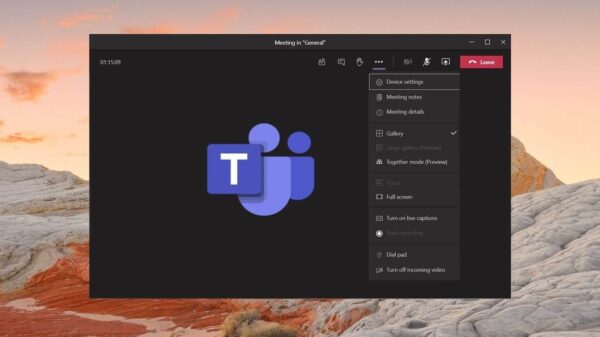The number of enterprises migrating their infrastructure to the cloud has been steadily rising. In fact, the global cloud computing market is estimated to reach $258 billion in 2019. Organizations require robust cloud security features to match the frequency and speed of cloud deployment. They need to leverage advanced cloud security solutions to minimize the disastrous impact of cyberattacks that intend to steal their data or harm their systems.
Here are some key reasons every organization needs reliable cloud security solutions:
1) Rising Threat of Cyberattacks
Worldwide, there has been an exponential rise in the number of security breaches. Cyberattacks often lead to enterprises disabling their applications temporarily causing a substantial loss of revenue, credibility and brand image. According to an estimate, the average cost of a security breach for a company comes close to $3.8 million.
Data security on the cloud is vital as you are not in complete control of your assets. When you run applications on a hybrid or public cloud, you are entrusting a third-party with your data. So, it is your responsibility to ensure your assets stay safe and secure.
2) Compliance with Regulations
Organizations in any industry need to comply with data protection and regulatory standards such as GDPR and HIPAA. These standards deal with the integrity and privacy of customer data. If any point in time, data of your customers gets compromised, you will be held accountable.
If you operate in a highly-regulated industry such as healthcare, banking or finance that have stringent data protection standards, compliance becomes all the more important. Non-compliance can land you in financial and legal hassles that disrupt the smooth functioning of your organization and affect your credibility.
3) Collaboration across Locations
Cloud solutions let your employees access data and applications from any corner of the earth. This allows you to hire and work in collaboration with staff all across the globe and cater to clients in any location of your choice.
But this arrangement has a flipside. Employees working from remote locations may not comply with cybersecurity best practices. For instance, if they are working from a coffee shop, they might use their Wi-Fi to access your data. Such a practice makes them vulnerable to malware and phishing attacks. Without reliable cloud security solutions in place, this arrangement can do you more harm than good.
4) Disaster Recovery
All organizations, large or small, remain vulnerable to natural disasters. A disaster in the form of fire, flooding or hurricane can strike anytime wreaking havoc for your business. Unless you have a well-documented disaster recovery plan in place, your entire data be wiped out bringing your operations to a standstill. All this can severely dent your profits as well as your brand credibility.
5) Prevention of Unauthorized Data Access
Organizations using cloud platforms allow their employees to access their corporate and client data anytime. Without proper access controls in place, these organizations risk losing data to unscrupulous insiders. Organizations need to have a robust policy that explicitly defines data access rules and roles. Multi-level authentication should be in place to make sensitive data accessible only to select users. Without these cloud security solutions, organizations risk falling prey to insider threats.
Wrapping it up
In light of the rising threat of cyberattacks, organizations need to focus extensively on security while moving their data and applications to the cloud. In addition to choosing a reliable cloud solution provider, they need to monitor the security of their assets consistently. Organizations adopting a pro-active approach to cloud security can run their operations smoothly while averting any major loss.































































You must be logged in to post a comment Login